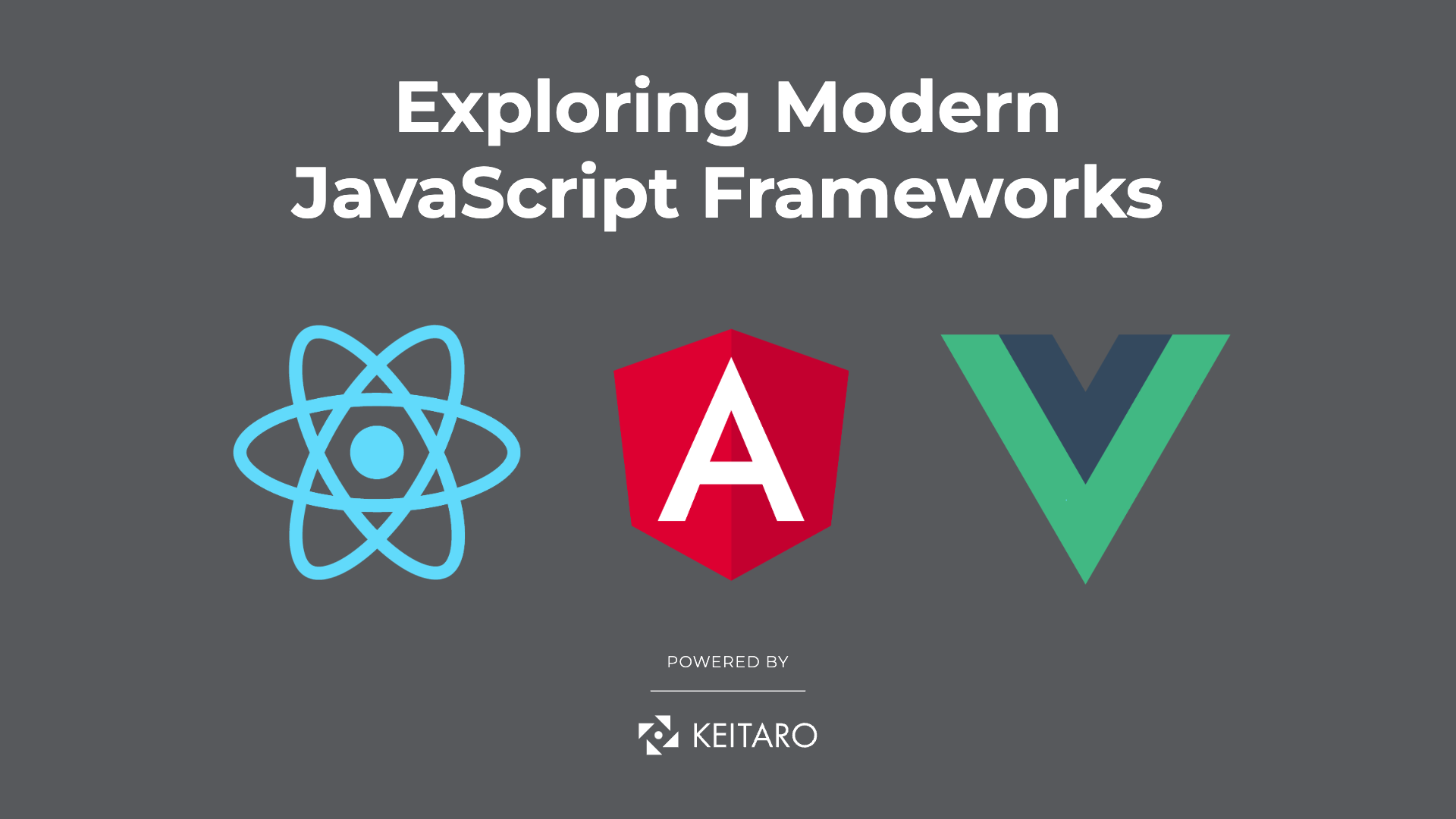Pulse of Information
Your source for the latest insights and updates.
Frameworks Face-Off: Choosing Your JavaScript Dream Team
Discover the ultimate showdown of JavaScript frameworks! Uncover which ones make the cut for your coding dream team. Dive in now!
Framework Showdown: React vs. Vue - Which Should You Choose?
When it comes to modern web development, React and Vue are two of the most popular frameworks that developers consider. Both frameworks provide unique benefits and have their own characteristics that can dramatically influence the development process. React, developed by Facebook, excels in building complex and dynamic user interfaces with its component-based architecture. This facilitates a more modular approach, making code reuse and testing more manageable. On the other hand, Vue, created by Evan You, prides itself on its simplicity and easy integration into existing projects, making it an excellent choice for developers looking for a gentle learning curve.
Choosing between React and Vue often comes down to project requirements and personal preferences. Considerations such as community support, performance, and ecosystem can play a significant role in your decision. For instance, React has a large and active community along with a rich ecosystem of libraries and tools, which can be advantageous for complex applications. Conversely, Vue offers a more straightforward documentation and user-friendly approach, making it more accessible for beginners. Ultimately, evaluating your specific needs, as well as your team's familiarity with these frameworks, will help you in deciding which one to adopt.

The Ultimate Guide to JavaScript Frameworks: Pros, Cons, and Best Use Cases
JavaScript frameworks have revolutionized the way developers build web applications, offering ready-to-use solutions that streamline coding processes. Among the most popular frameworks are React, Vue.js, and Angular. Each of these frameworks comes with its own set of advantages and disadvantages. For instance, React is renowned for its flexibility and performance, making it an excellent choice for highly interactive applications. Conversely, Angular provides a comprehensive solution that includes dependency injection, routing, and more, but its learning curve may be steep for newcomers. It’s crucial to weigh these pros and cons based on your specific project needs.
When determining the best use cases for each framework, consider the project scale and complexity. For small to medium-sized projects, Vue.js stands out due to its simplicity and ease of integration. It is particularly beneficial for developers looking to get up and running quickly without extensive configuration. On the other hand, if you are developing a large enterprise application where scalability and maintainability are key, Angular or React may be the better options. In summary, understanding the unique strengths and weaknesses of each JavaScript framework empowers developers to make informed decisions that align with their project objectives.
Is Your Project Ready for a Framework? Key Indicators to Consider
Assessing whether your project is ready for a framework involves evaluating several key indicators. First and foremost, consider the complexity of your project. If it has multiple components that interact with each other, adopting a framework can streamline development and ensure consistency across the board. Additionally, if your project requires scalability to accommodate future growth, a well-established framework can provide the necessary structure and resources to manage this transition effectively.
Another crucial factor to examine is the team's familiarity with frameworks. If your team has prior experience with a specific framework, the learning curve will be minimal, resulting in faster implementation and fewer errors. Furthermore, consider the community support available for the framework you are considering. A strong community can offer valuable resources, plugins, and troubleshooting support that can significantly benefit your project in the long run.